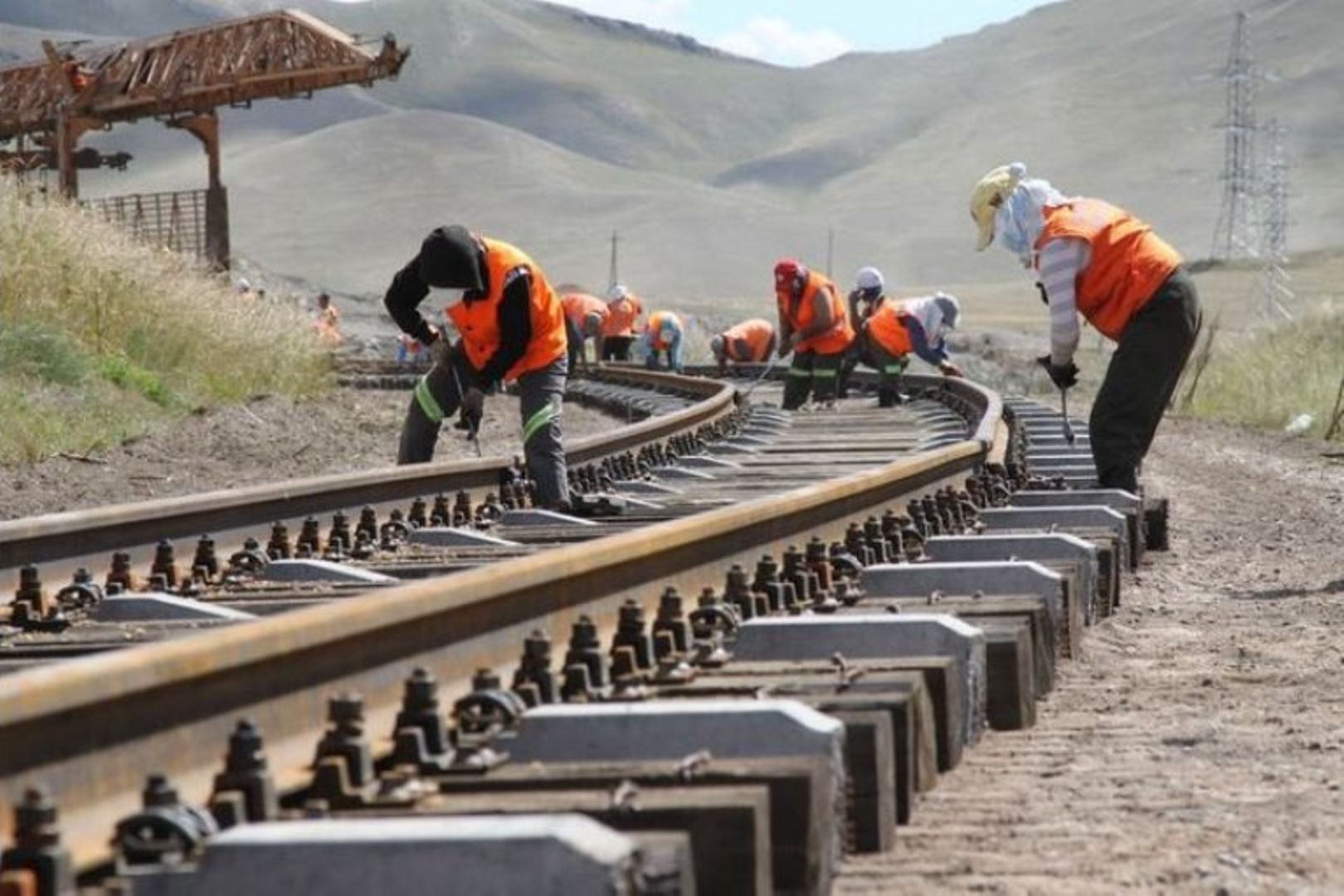Urban logistics refers to the set of processes, strategies, and solutions implemented to efficiently and sustainably manage the flows of goods, information, and services within a dense and complex urban environment. Its goal is to optimize the distribution of goods while minimizing negative impacts on mobility, the environment, and citizens’ quality of life.
Illustrative Examples:
- Parcel Delivery: E-commerce companies face the need to swiftly deliver parcels to customers in urban environments. Urban logistics involves planning optimized delivery routes for couriers, using collection points to consolidate packages, and exploring more sustainable transportation options such as electric vehicles or cargo bikes.
- Supplying Local Stores: Neighborhood shops rely on an efficient logistics chain to be supplied with fresh produce and everyday consumer goods. Urban logistics entails coordinating delivery schedules to avoid traffic congestion, managing inventory to prevent stockouts, and utilizing real-time tracking technologies to ensure reliable supplies.
- Waste Management: The collection and processing of urban waste require well-organized logistics to minimize environmental nuisances and traffic disruptions. Urban logistics in this context involves optimizing collection routes, using specialized bins for different types of waste, and exploring innovative recycling solutions.
- Green Last Mile: To reduce greenhouse gas emissions in urban settings, urban logistics encourages adopting greener delivery methods like electric vehicles, cargo bikes, and even pedestrian delivery. Companies are experimenting with establishing pickup points where customers can retrieve their packages on foot, thereby reducing environmental impact.
- Return Management: In the retail sector, efficiently handling product returns is a major logistical challenge. Urban logistics involves creating effective processes to retrieve returned products, inspect them, perform repairs if needed, and reintegrate them into the supply chain.
In summary, urban logistics plays a crucial role in facilitating economic exchanges within cities while aiming to minimize negative impacts on the environment and residents’ quality of life.






